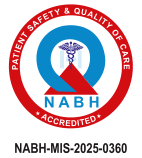What is Holter Monitoring?
A 24-hour Holter monitor is a portable device that continuously records your heart’s electrical activity for an entire day (or longer, if advised).
Unlike a routine ECG, which captures only a few seconds of heart rhythm, Holter monitoring tracks your heartbeat during:
- Daily activities
- Work
- Sleep
- Exercise
- Stress periods
This gives a far more complete picture of your heart rhythm and helps detect abnormalities that may not appear during a short ECG.
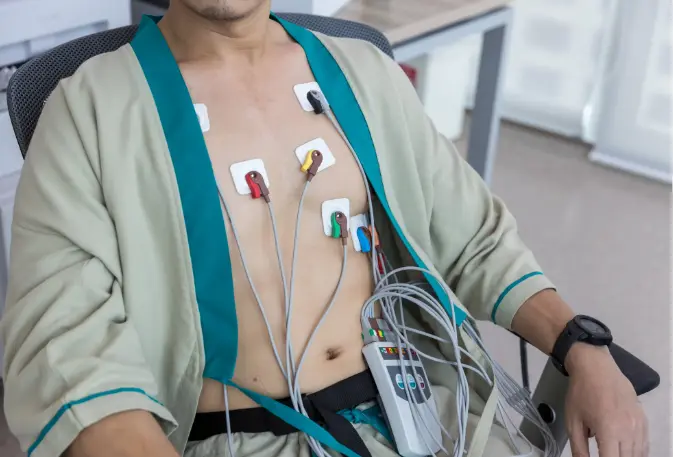
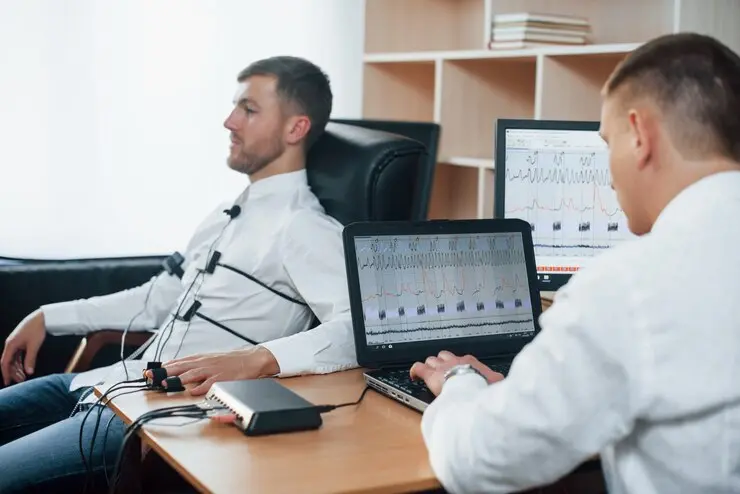
Why is Holter Monitoring Done?
Your doctor may recommend a Holter test if you experience:
- Palpitations or skipped beats
- Dizziness or blackouts
- Intermittent chest discomfort
- Unexplained fatigue
- Irregular heartbeat suspected on ECG
- Episodes of fast or slow heart rate
- Monitoring after cardiac treatment or procedures
Holter monitoring helps diagnose:
- Arrhythmias
- Silent ischemia (heart not getting enough blood)
- Atrial fibrillation
- Conduction system disorders
- Heart rate variability issues
- Effects of medications on rhythm
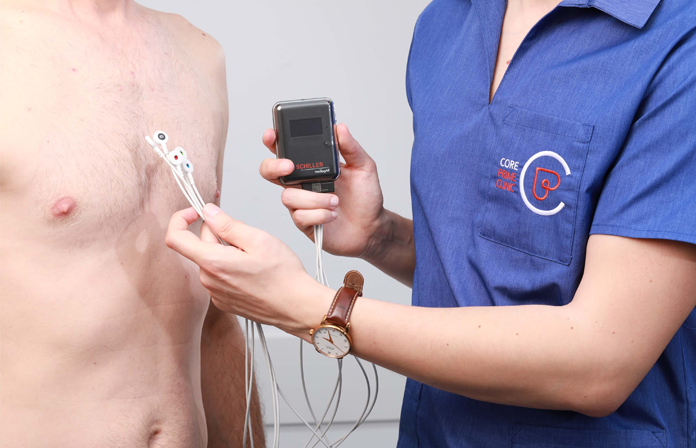
Preparation Before the Test
- Avoid deodorants, powders, lotions, or perfumes under the arms or on the breast area on the day of examination, as they may interfere with the image quality.
- Wear a two-piece outfit for convenience, as you will need to remove your top.
- If you have had previous mammograms, carry them along for comparison.
- Inform the radiologist if you are pregnant, breastfeeding, or have breast implants.
- The best time to schedule the test is one week after your menstrual period, when breasts are less tender.
What to Expect During the Test
- No fasting is required.
- You may be asked to avoid oily lotions or creams on the chest to help electrodes stick better.
- Wear comfortable, loose-fitting clothes for ease of device placement.
- Inform the team if you have a pacemaker or implanted device.
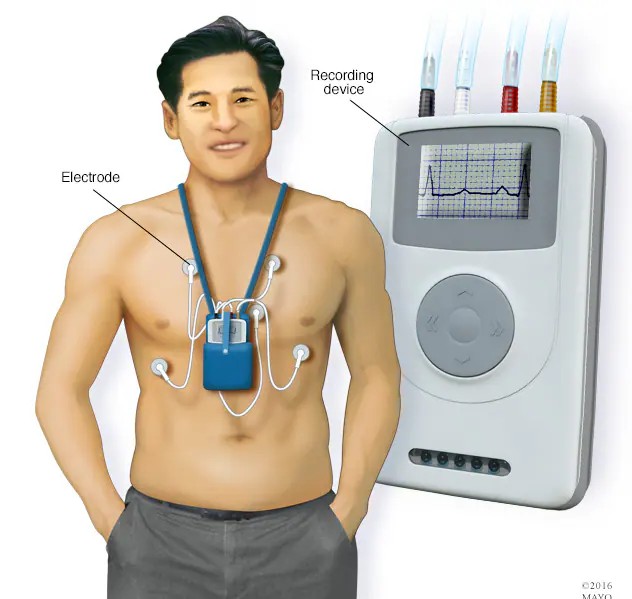
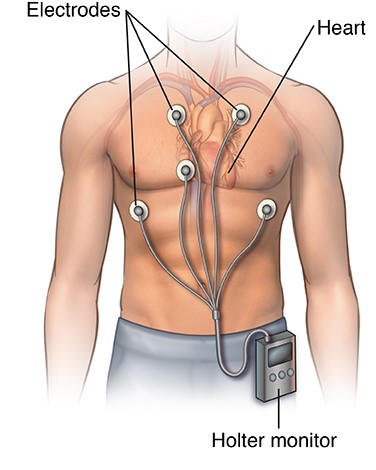
Procedure: How the Holter Test is Done
- 1. Attaching the Device (10–15 minutes)
- Small electrodes are placed on your chest.
- These connect to a lightweight recording device worn around your neck or clipped to your waistband.
- 2. Resume Normal Activities for 24 Hours
- You are advised to go about your day as usual—work, walk, sleep, climb stairs, etc.
- Bathing/showering
- Swimming
- Intense sweating activities (As water may damage the device.)
- 3. Keep a Symptom Diary
- You will be asked to note any symptoms like palpitations, chest pain, dizziness, or anxiety with the time they occur. This helps correlate symptoms with the heart rhythm.
- 4. Return the Device
- After 24 hours, return to the centre for device removal and data download.
After the Test
The recorded data is analyzed using specialized software.
A detailed report is prepared by a senior cardiologist.
The report includes:
- Heart rate trends
- Arrhythmias (if present)
- Rhythm disturbances
- Long pauses or skipped beats
- Correlation with your symptoms
Your doctor may recommend medication changes, further cardiac tests, or follow-up based on findings.


Why Choose Us for Holter Monitoring?
Specialist Interpretation – Reported by Senior Cardiologist – Your Holter data is analyzed by an experienced cardiologist, ensuring accurate interpretation of even subtle rhythm abnormalities.
High-Quality, Lightweight Devices –Our monitors are compact, comfortable, and designed for minimal interference with your daily routine.
Expert Technician Support –Technicians assist with fitting, instructions, troubleshooting, and removal—ensuring accuracy and comfort.
Detailed, Easy-to-Understand Reports – You receive a structured report that includes rhythm analysis, heart rate trends, arrhythmia episodes, and correlation with your symptoms.
Home Installation Option –We also offer Holter monitoring at home, where the technician visits you for fitting and removal—ideal for elderly or busy individuals.
No. It is completely painless and non-invasive.
Yes. It must remain in place during sleep.
Absolutely. Normal routine is encouraged to capture real-life rhythm variations.
No. The device must be kept dry for the entire monitoring period.
Our technician will guide you in advance. You can reapply it with the spare stickers given, or contact us for support.
Most patients require 24 hours, but some may be advised 48–72 hours based on symptoms.

